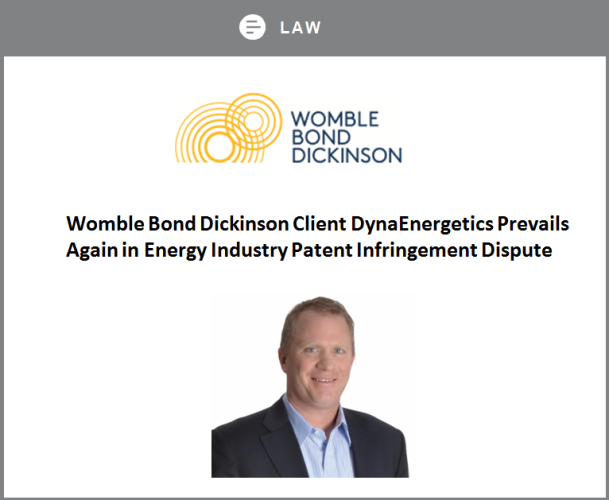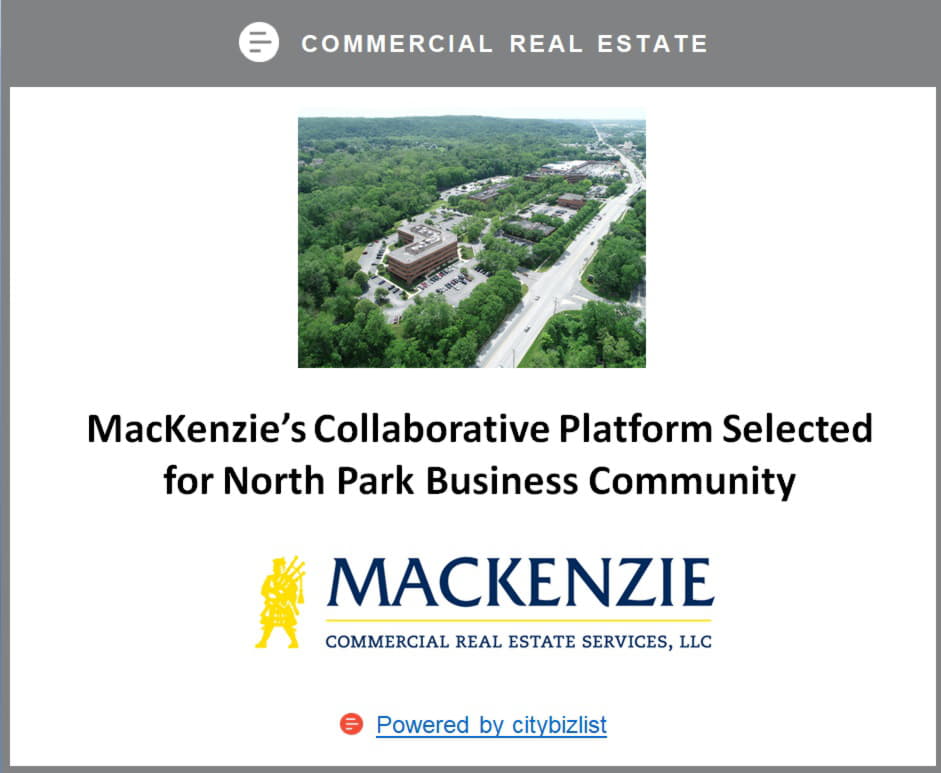
Christopher M. Corchiarino
The implementation of a robust release or waiver may be key to managing the risk of COVID-19 exposure lawsuits. This article is part of a series exploring issues impacting businesses during the uncertainty of COVID-19. If your business was closed or had its operations reduced by a COVID-19 Executive Order, returning to "normal" will not be without challenges. But liability related to exposure to COVID-19 can be mitigated with the assistance of an attorney. In this article, I will discuss how businesses can use a well-crafted COVID-19 Liability Waiver and Release ("COVID Waiver") to manage the risk of COVID-19 liability.
Businesses that, by their nature, are more likely to promote activities that result in physical contact or sharing of equipment – for example, athletic facilities, children's birthday party venues, dance schools, or karate studios – can benefit from incorporating a COVID Waiver into their business procedures.
The COVID Waiver should, at a minimum, incorporate these three provisions: exculpatory clause, assumption of the risk, and health verification.
1. Exculpatory Clause
In Maryland, people can expressly agree in advance that a business is under no obligation to provide specific care or prevent harm to the customer and shall not be liable for the consequences of conduct which would otherwise be negligent.[1] A release entered before an injury occurs is called an exculpatory clause and is generally valid in Maryland.[2]Maryland courts have upheld these agreements, because there is a presumption of validity that comes with the public policy rationale of freedom to contract.[3] To be effective, "such a clause is sufficient to insulate the party from his or her own negligence 'as long as [its] language … clearly and specifically indicates the intent to release the defendant from liability for personal injury caused.'"[4]
In "the absence of legislation to the contrary, exculpatory clauses are generally valid, and the public policy of freedom of contract is best served by enforcing the provisions of the clause."[5] There are exceptions, though. Exculpatory clauses may be deemed invalid when they are contrary to the public interest. These exceptions are grouped into three general categories: 1) liability for intentional harms or extreme forms of negligence; i.e., reckless, wanton, or grossly negligent conduct; 2) liability due to grossly unequal bargaining power, such as where one party is at such an obvious disadvantage and at the mercy of the other's negligence; and 3) liability for transactions affecting the public interest, which includes the performance of a public service such as public utilities, common carriers, innkeepers, and public warehouse workers.[6]There is also a catch-all where the exculpatory clause is "patently offensive," such that "'the common sense of the entire community would . . . pronounce it invalid."[7]
Provided that a business has developed and deployed a proper COVID transmission prevention protocol (a topic addressed a prior article in this series), an exculpatory clause in a COVID Waiver would likely be enforceable under Maryland law.
2. Assumption of the Risk
A belt and suspenders approach to the COVID Waiver will also include language to build an assumption of the risk defense. In Maryland and in other jurisdictions, assumption of risk is a complete defense that bars recovery.[8] To establish assumption of risk, a business must prove that the plaintiff: (1) had knowledge of the risk of danger, (2) appreciated the risk, and (3) voluntarily confronted the risk of danger.[9] Whether someone has knowledge and appreciation of a risk is evaluated objectively; stated another way, whether a person of normal intelligence in the same position would have understood the risk.[10]
An attorney can assist with preparing COVID-19 assumption of the risk language specific to your business. This would include language about the risks of COVID-19 and will also include a specifically tailored acknowledgement to establish that the guest appreciated the risk that COVID-19 infection could occur by participating in the activities of the business. A business owner should not attempt to draft such a provision without the assistance of an experienced attorney.
3. Health Verification
Any assumption of the risk provision of the COVID Waiver should incorporate language specifically reciting some or all of the then-known symptoms of COVID-19. The Health Verification would then require an acknowledgement by the customer that he or she has not exhibited those symptoms for a specified period of time. At first, some may view this as a privacy issue, but many businesses are already incorporating this type of screening based on advice of the CDC and local health departments. It serves first as a reminder to the guest to be candid about his/her health to avoid infecting others. Secondarily, it can be evidence in a lawsuit to demonstrate the business's diligent efforts to protect its customers through pre-activity health investigation.
If you have questions about whether a COVID Waiver is appropriate for your business, contact an attorney to discuss the specifics of your business. My colleagues and I are continuing to serve our clients during COVID-19. If you have questions about your business, contact me at cxc@gdldlaw.com to schedule a call or video conference.
See related article: "Social (Un)Distancing: Top 2 Premises Liability Issues When Reopening Your Business"
About Goodell DeVries
Goodell DeVries is a regional law firm with a national presence. From product liability and mass torts to medical malpractice law, complex commercial litigation, insurance, toxic torts, and more, Goodell DeVries's team of 50 attorneys handles the most complex legal challenges for clients across the country. Our lawyers are ranked among the best in the nation by leading directories, including Chambers, Best Lawyers, and Super Lawyers. To learn more, visit www.gdldlaw.com.
NOTES
[1]Wolf v. Ford, 335 Md. 525, 531, 644 A.2d 522, 525 (1994).
[2] Adloo v. H.T. Brown Real Estate, Inc., 344 Md. 254, 259, 686 A.2d 298, 301 (1996).
[3] Wolf, 335 Md. at 531.
[4] Barnes v. New Hampshire Karting Assn., 128 N.H. 102, 509 A.2d 151, 154 (1986).
[5] Wolf, 335 Md. at 531.
[6] Wolf, 335 Md. at 531-532.
[7] Md. Nat'l Cap. P. & P. v. Wash. Nat'l Arena, 282 Md. 588, 606, 386 A.2d 1216, 1228 (1978); Estate of Woods, Weeks & Co., 52 Md. 520, 536 (1879).
[8]ADM P'ship v. Martin, 702 A.2d 730, 734 (Md. 1997); Saponari v. CSX Transp., Inc., 727 A.2d 396, 399 (Md. Ct. Spec. App. 1999), cert. denied, 727 A.2d 382 (Md. 1999).
[9]ADM P'ship, 702 A.2d at 734; Schroyer v. McNeal, 592 A.2d 1119, 1123 (Md. 1991).
[10] Leakas v. Columbia Country Club, 831 F.Supp. 1231, 1236 (D. Md. 1993); ADM P'ship, at 734.









